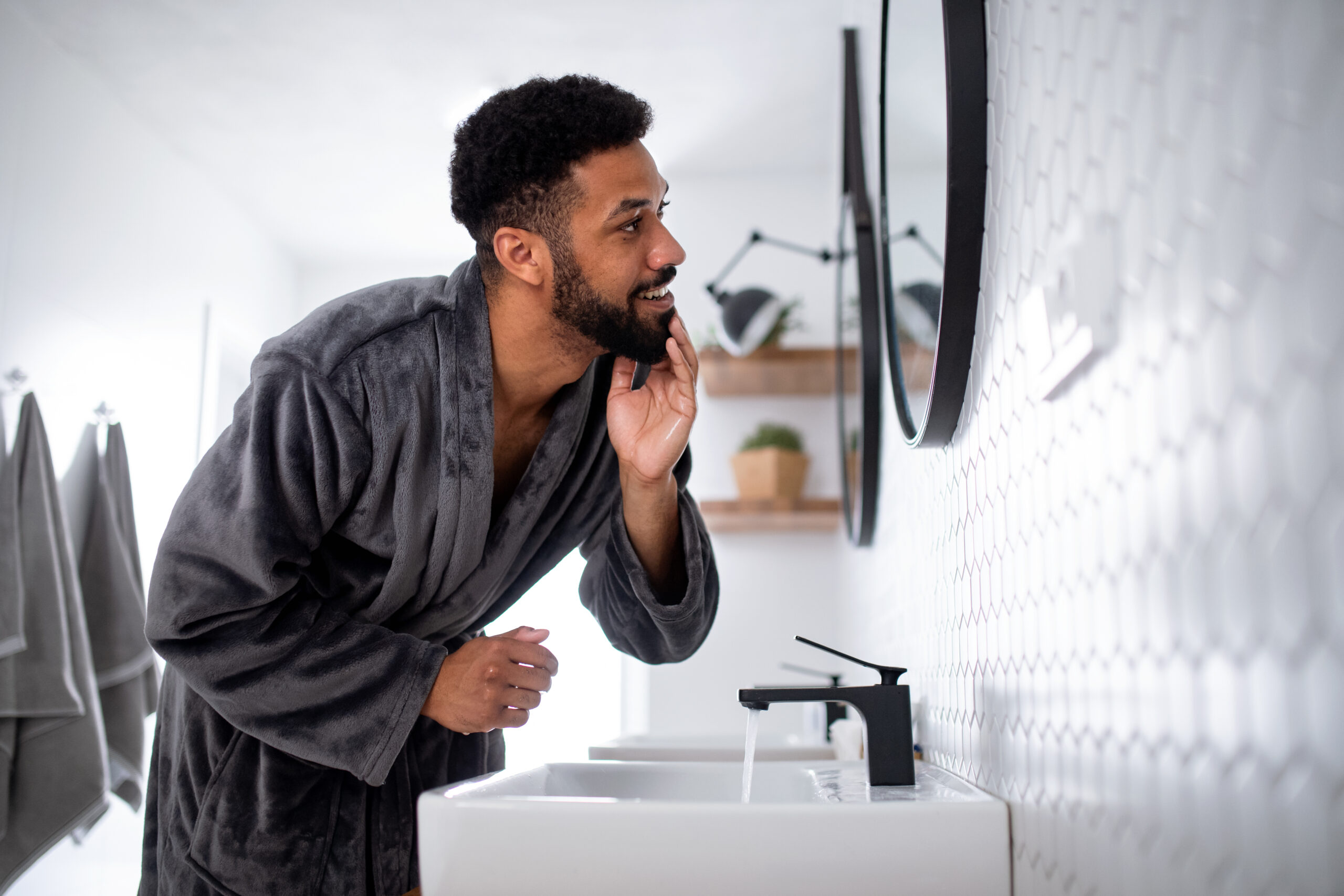Will You Need Reading Glasses After LASIK Surgery? Everything You Should Know

For millions of people seeking freedom from glasses and contact lenses, LASIK eye surgery has been a transformative option. This advanced laser procedure reshapes the cornea to improve how the eye focuses light, offering clearer vision for those with nearsightedness, farsightedness, and astigmatism.
However, even after successful LASIK, a common question remains: Will I still need reading glasses someday?
The short answer is maybe—and it often depends on your age, lifestyle, and whether age-related vision changes like presbyopia are already beginning to set in. Here’s what you should know about LASIK and the future of your near vision.
Understanding How LASIK Works
LASIK, or Laser-Assisted In Situ Keratomileusis, uses a specialized laser to permanently reshape the cornea—the clear front part of the eye—to allow light to focus properly on the retina. By correcting the shape of the cornea, LASIK improves the eye’s ability to focus, often eliminating or greatly reducing the need for glasses or contacts for distance vision.
Most patients experience dramatic improvement in their vision after LASIK, and the results are typically long-lasting. For people in their 20s and 30s with stable prescriptions, LASIK can be life-changing. But that doesn’t mean you’ll never need any form of vision correction again.
What Happens to Your Eyes as You Age?
While LASIK corrects the shape of the cornea, it doesn’t alter the natural aging of the eye’s internal lens. Around the age of 40, many people start to experience presbyopia—a normal age-related condition that affects near vision.
Presbyopia occurs as the eye’s lens gradually becomes stiffer and less flexible. As a result, the eyes have a harder time focusing on close-up tasks like reading, sewing, or viewing your phone screen. It happens to everyone, whether or not they’ve had LASIK.
If you’ve had LASIK to correct your distance vision and then develop presbyopia later in life, you may still find yourself reaching for a pair of reading glasses.
LASIK in Your 20s or 30s: Will You Still Need Glasses Later?
If you undergo LASIK in your 20s or 30s, you can expect excellent uncorrected vision for many years—often decades. But as you move into your 40s and beyond, presbyopia may naturally begin to impact your near vision.
It’s important to understand that this isn’t a failure of your LASIK procedure. Rather, it’s part of the normal aging process of the eye. That’s why even people with perfect distance vision may eventually need reading glasses later in life—whether they’ve had LASIK or not.
Monovision LASIK: A Solution for Presbyopia
One option for patients hoping to minimize the need for reading glasses after LASIK is Monovision LASIK.
In Monovision LASIK, your eye surgeon corrects one eye for distance vision and the other for near vision. Your brain then adjusts to using each eye for different tasks, which can reduce or eliminate the need for reading glasses altogether.
This approach doesn’t work for everyone. It may take time to adjust to the difference between the two eyes, and some people find they prefer the sharp, balanced vision of traditional LASIK correction.
However, many patients find Monovision to be an excellent compromise, especially those already showing early signs of presbyopia.
Monovision May Be Right for You If:
- You want to reduce your reliance on reading glasses after age 40
- You’ve tried Monovision contact lenses successfully in the past
- You’re comfortable with a short adjustment period for your vision
- You want a long-term solution to both distance and near vision needs
Your LASIK surgeon at SightMD can guide you through a trial period with contact lenses before making a final decision about Monovision LASIK. This allows you to test how well your brain adapts to using one eye for near and one for distance before undergoing the procedure.
Will I Still Be Able to Use Reading Glasses After LASIK?
Absolutely. If you need a bit of help with reading or close-up tasks after LASIK, over-the-counter reading glasses are still an option. You can use them as needed—whether for prolonged screen use, reading fine print, or doing crafts.
In fact, some people prefer to have sharp distance vision in both eyes after LASIK and simply use reading glasses when necessary. It’s a matter of personal preference and lifestyle.
At SightMD, we help you weigh the pros and cons of your vision goals, so you can choose a solution that fits your needs—both now and in the years to come.
What to Do With Old Glasses After LASIK
Once you no longer need prescription glasses for distance vision after LASIK, you might be wondering what to do with your old pairs. While it’s tempting to toss them, there are a few more meaningful or practical ways to reuse or repurpose your eyewear:
Smart Ways to Use Old Glasses After LASIK:
- Repurpose the frames: You can switch out the lenses and use your stylish frames for non-prescription blue-light blocking glasses or fashion eyewear.
- Donate them: Many nonprofits and vision charities accept gently used glasses to distribute to people in need around the world.
- Keep them as a backup: If you experience any changes in vision down the road or have temporary eye irritation, your old glasses may still come in handy.
Protecting Your Eyes After LASIK: Why Sunglasses Matter
After LASIK surgery, your eyes are more sensitive to light and UV exposure, especially during the healing phase. For this reason, wearing UV-protective sunglasses is crucial.
Most surgeons recommend wearing sunglasses any time you’re outdoors for at least one month after LASIK. This helps reduce irritation, prevents dryness, and shields your healing eyes from damaging sunlight.
Even long after recovery, regular use of high-quality sunglasses helps protect your vision and contributes to long-term eye health. Choose lenses that block 100% of UVA and UVB rays, and consider wraparound styles for extra protection.
Common Questions About LASIK and Reading Glasses
Here are answers to some of the most frequently asked questions from patients considering LASIK at SightMD:
No. While LASIK effectively corrects your distance vision, it doesn’t prevent age-related presbyopia. Most people over 40 will still need reading glasses for close-up work.
Monovision LASIK corrects one eye for distance and the other for near vision. It can be highly effective for reducing dependence on reading glasses, especially if you’re already experiencing presbyopia. However, not everyone adjusts well to Monovision, so a contact lens trial is recommended first.
Yes, reading glasses remain a useful tool after LASIK. Over-the-counter readers are inexpensive and easy to use whenever close-up tasks become difficult.
You should wear UV-protective sunglasses outdoors for at least one month after LASIK to protect your eyes during the healing process. Continuing to wear them beyond that is a good habit for long-term eye health.
Vision may naturally change over time due to aging, including the development of cataracts or worsening presbyopia. If needed, your ophthalmologist may recommend reading glasses or an enhancement procedure.
Vision may naturally change over time due to aging, including the development of cataracts or worsening presbyopia. If needed, your ophthalmologist may recommend reading glasses or an enhancement procedure.
See Clearly with SightMD
LASIK can dramatically reduce your dependence on glasses or contacts—but it’s not a permanent shield against every age-related vision change. For many patients, the ability to live free of glasses for most of the day, with minimal or occasional use of reading glasses, is still a worthwhile outcome.
Why Choose SightMD?
- Support for long-term eye health before, during, and after LASIK
- Board-certified LASIK surgeons with decades of experience
- Personalized evaluations to determine your best vision correction option
- Advanced technology and minimally invasive procedures
Take the First Step Toward a Life with Fewer Glasses
Whether you’re in your 20s and want clear distance vision or in your 40s considering Monovision to minimize reading glasses, SightMD’s team of expert LASIK surgeons is here to help.


